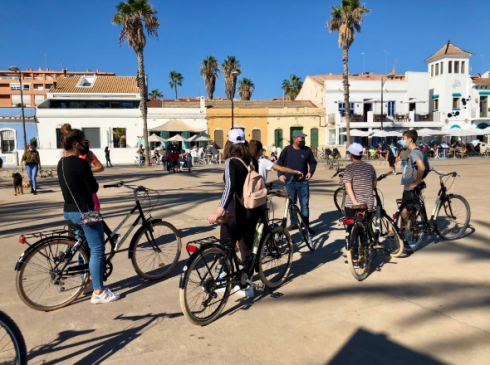AS Brexit negotiations are taken down to the wire, the final sticking point for Johnson and his cohort is, bizarrely, fish.
Like school children scrapping over who has the bigger piece of birthday cake in their party bag, each side has fought hammer and tongs over EU quotas in UK waters that quantify for a minuscule 0.01% of trade.
It bears consideration then that, as the powers that be fight for fish, this fervour hasn’t been shown for people hoping to be saved by the same governments.
A fish that crosses an invisible borderline into our waters automatically becomes ours— we are willing to fight, to the detriment of international relations, for their citizenship.
Yet when people cross invisible lines, on desperate and dangerous nighttime voyages, they far from automatically become our people. Often, we simply send them back where they came from.
As the refugee and migrant crisis rages on at Gran Canaria’s Arguineguin harbour, thousands of people from Western Africa have been left to wait for aid and shelter.
While some asylum seekers are vulnerable, most are highly skilled workers, as demonstrated by Spain’s thriving refugee restaurant industry.
It’s important to acknowledge that these people are monumentally more significant and, on an unsentimental economic level, more profitable for the EU in the long run than cod, bass or haddock.











